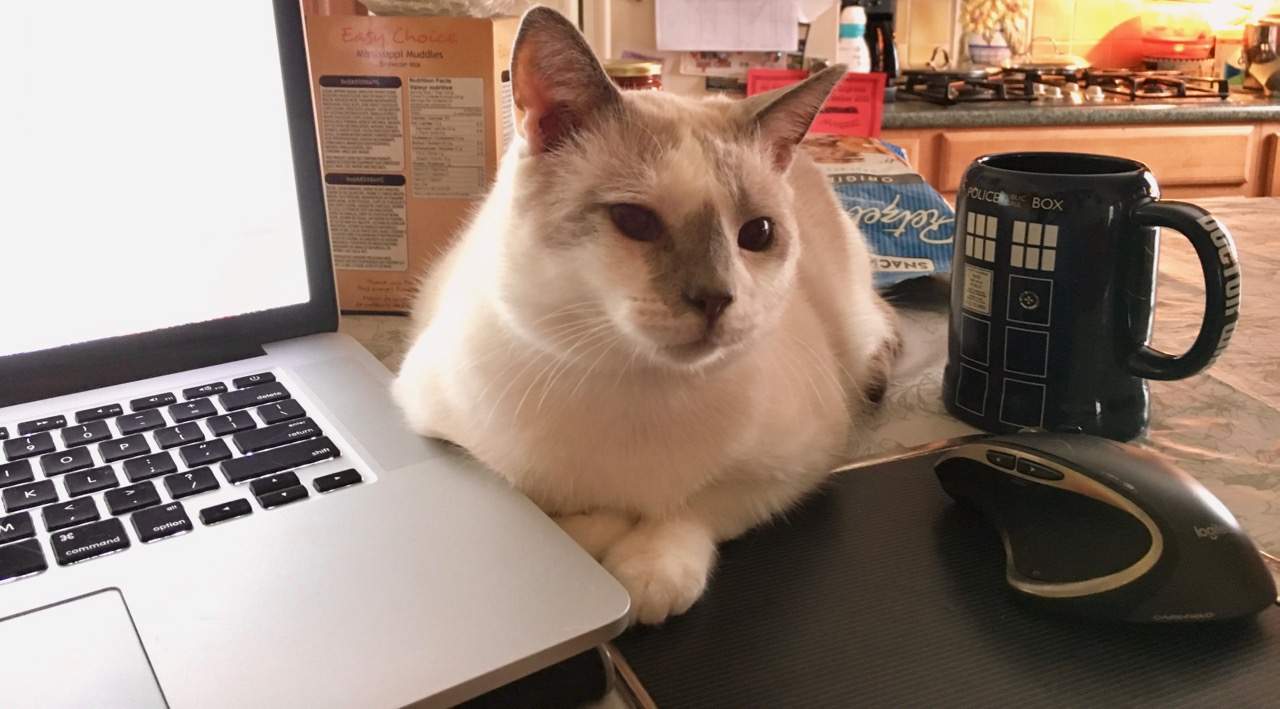Cats with Feline Leukemia
However, exposure to the feline leukemia virus doesn’t have to be a death sentence; about 70% of cats who encounter the virus are able to resist infection or eliminate the virus on their own.

Previous Humane Society of Walden resident FeLV+ cats
Drax and SInatra in their forever home.
Humane Society of Walden's FeLV+ cats
All fees are waived to approved adopters.
How Is FeLV Transmitted?

Grooming and fighting seem to be the commonest ways for infection to spread. Kittens can contract the disease in utero or through an infected mother’s milk. The disease is often spread by apparently healthy cats, so even if a cat appears healthy, it may be infected and able to transmit the virus.
What Are the Symptoms of Feline Leukemia?

- Pale gums
- Yellow color in the mouth and whites of eyes
- Enlarged lymph nodes
- Bladder, skin, or upper respiratory infections
- Weight loss and/or loss of appetite
- Poor coat condition
- Progressive weakness and lethargy
- Fever
- Diarrhea
- Breathing difficulty
- Reproductive problems like sterility in unspayed female cats
- Stomatitis – Oral disease that includes ulceration of gingiva
In the event that your cat is exhibiting symptoms you should contact your veterinarian.
Volunteer at the Humane Society of Walden
About Us
The Humane Society of Walden is a no-kill, non-profit safe haven dedicated to helping stray and abandoned cats and dogs. Our animal shelter serves the communities of Montgomery, Walden, Maybrook, Crawford, Wawarsing, Shawangunk, and Mamakating, but will not turn away pets from across the country in need.
Contact Us
Humane Society of Walden
2489 Albany Post Road
Walden, New York 12586
845-778-5115








